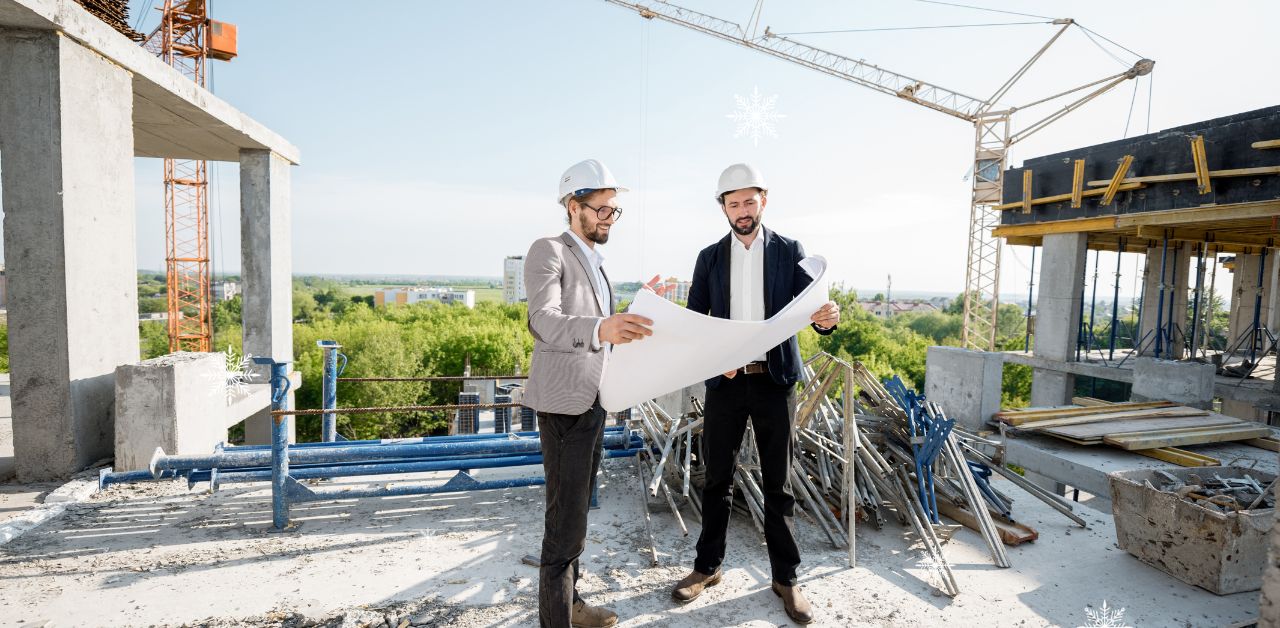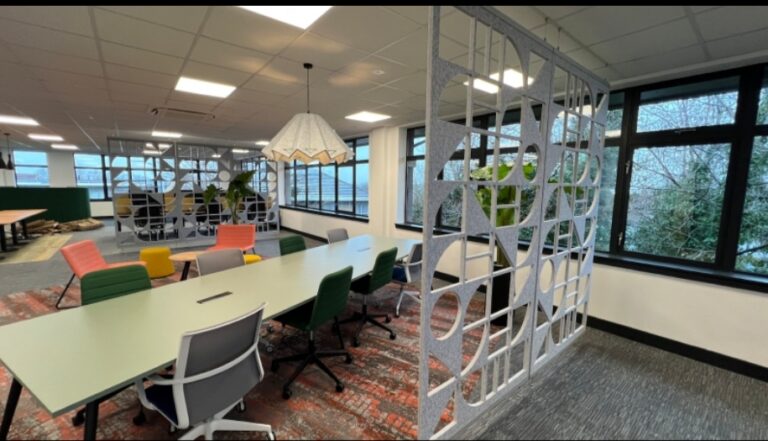Uncovering the Vital Role of a Residential Structural Engineer
This is where the knowledge of a residential structural engineer comes into play. As an owner of a house, making sure the structural integrity and protection of your residence is paramount. From analyzing the foundation to assessing load-bearing capacities, these professionals play a vital role in safeguarding your home against structural vulnerabilities.
With their keen eye for detail and superior expertise in structural mechanics, these professionals assist in perceiving potential weaknesses and suggest possible answers to decorate the steadiness and safety of your property. By collaborating with architects and developers, those experts ensure that your private home not only effectively meets regulatory standards but also stands the test of time.
Join us as we uncover the crucial responsibilities shoulder by residential structural engineers and the indispensable value they bring to the table in securing your most valued asset – your home. In this article, we delve into the indispensable role of a residential structural engineer, shedding light on the significance of their work in fortifying the very foundation of your living space.
The Importance of Residential Structural Engineers
The importance of a residential structural engineer cannot be overstated. These experts are essential in making sure that your home is not only effective and aesthetically captivating but also structurally sound. Their information lies in evaluating the integrity of the building’s structure, consisting of its foundation, walls, beams, and columns. By doing so, they help prevent potential dangers together with collapses, tilting, or cracks, that could compromise the protection of the occupants.
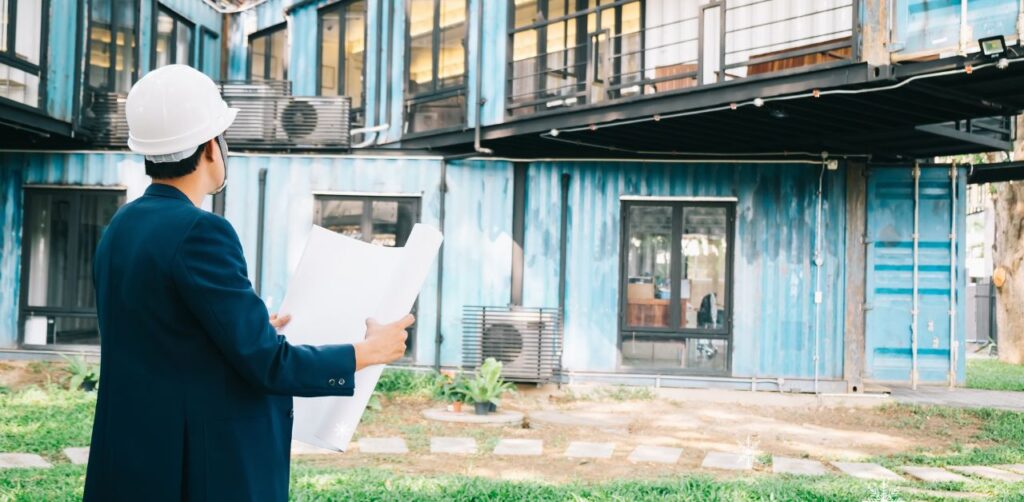
Residential structural engineers are educated to become aware of any weaknesses or deficiencies in the construction and endorse appropriate remedial measures. Their role is not restricted to new structures; in addition, they play a substantial component in assessing and retrofitting present homes to meet protection requirements and policies. This proactive approach can protect homeowners from pricey repairs or even preclude disasters in the end.
The involvement of a residential structural engineer is especially crucial in areas vulnerable to natural disasters together as earthquakes, hurricanes, or floods. Their information in designing systems to face up to such forces is worthwhile in ensuring the safety and resilience of houses in prone regions.
Understanding the Role of a Residential Structural Engineer
The position of a residential structural engineer contains an extensive variety of duties that might be pivotal to the protection and stability of a domestic. These specialists are ready with the expertise and capabilities to research the structural components of construction, check their load-bearing capacities, and ensure compliance with building codes and regulations. Their know-how extends to evaluating the effects of environmental elements and herbal forces on the structural integrity of residential buildings.
Moreover, residential structural engineers collaborate carefully with architects, developers, and different construction specialists to make sure that the structural design aligns with the classy and practical necessities of the mission. Their input is vital in the early ranges of creation, as they could offer valuable insights that affect the overall design and layout of the construction.
In addition to their technical understanding, residential structural engineers own strong problem-solving abilities that permit them to cope with complicated structural demanding situations efficaciously. Their capability to become aware of ability risks and endorse modern answers is instrumental in mitigating structural vulnerabilities and improving the overall protection of residential houses.
Furthermore, those experts live abreast of the modern-day improvements in structural engineering and creation techniques, permitting them to enforce cutting-edge solutions that optimize the structural performance of residential buildings.
Signs that You Need a Residential Structural Engineer
Recognizing the signs that indicate the need for a residential structural engineer is crucial for homeowners. While some structural issues may be visible, others may remain concealed, posing a latent threat to the stability of the home. Common symptoms that warrant the understanding of a residential structural engineer include visible cracks inside the partitions or bases, uneven flooring, sagging or bouncing ceilings, and chronic moisture or mold problems.
Furthermore, in case you are making plans to undertake full-size renovations, additions, or changes to your private home, consulting a residential structural engineer is vital. Their input can prevent structural complications and ensure that the modifications align with the existing structural framework of the building.
It’s important to note that neglecting these warning signs can lead to exacerbated structural problems, compromising the safety and stability of the entire structure. By proactively engaging a residential structural engineer, homeowners can address potential issues before they escalate, ultimately safeguarding their investment and the well-being of their families.
The Process of Working With a Residential Structural Engineer
The method of operating with a residential structural engineer generally starts with a preliminary session to evaluate the necessities and scope of the task. During this phase, the engineer conducts a thorough inspection of the property to pick out any current structural problems and decide the essential path of motion.
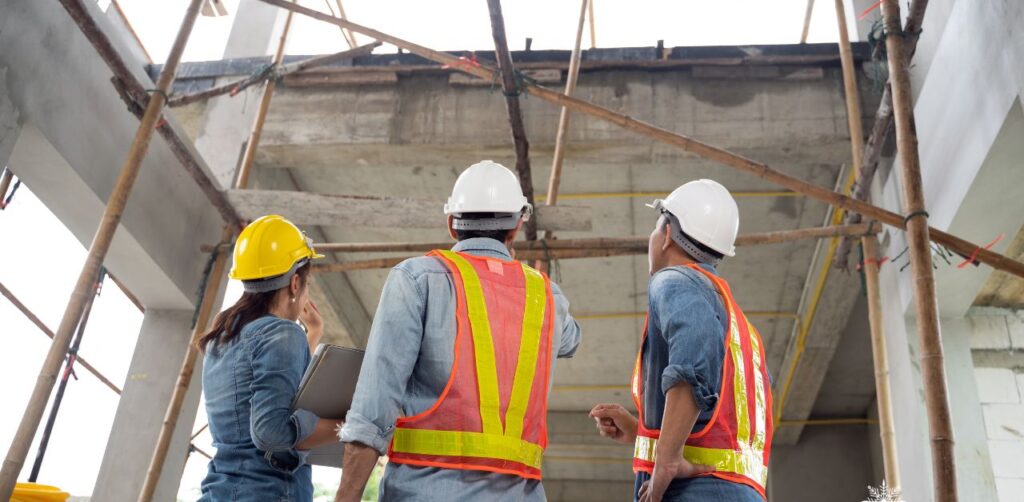
Following the evaluation, the residential structural engineer devises a comprehensive plan that outlines the structural modifications, reinforcements, or improvements required to ensure the protection and stability of the building. This plan is presented to the homeowner along with detailed explanations of the proposed solutions and their anticipated impact on the structure.
Once the homeowner approves the proposed plan, the residential structural engineer collaborates with architects, contractors, and construction teams to oversee the implementation of the structural interventions. Throughout the construction phase, the engineer conducts regular site visits to ensure that the structural alterations are executed under the approved plan and industry standards.
Upon completion of the structural enhancements, the residential structural engineer conducts a final inspection to verify that the modifications have effectively addressed the identified issues and fortified the structural integrity of the home. This meticulous approach underscores the commitment of residential structural engineers to delivering uncompromising quality and ensuring the safety of residential properties.
Key Structural Considerations for Residential Buildings
When it comes to residential buildings, several key structural issues demand the information of a residential structural engineer. These concerns encompass a broad spectrum of factors that have an impact on the stableness, durability, and protection of the structure. One of the number one considerations is the foundation, which serves as the crucial support gadget for the complete building.
Residential structural engineers meticulously analyze the foundation to ensure that it can withstand the imposed loads and environmental pressures. They assess the soil conditions, drainage patterns, and potential risks such as subsidence or soil erosion, providing recommendations for foundation design and reinforcement as necessary.
Additionally, the structural integrity of walls, columns, and beams is of maximum significance in residential homes. These components are evaluated for his or her capability to resist vertical and lateral hundreds, ensuring that the building remains structurally sound beneath various conditions. The choice of suitable construction substances, which include concrete, steel, or timber, is also a critical aspect that falls within the purview of residential structural engineering.
Furthermore, troubles associated with the roof shape, in conjunction with its framing, trusses, and cargo-bearing capacity, are essential to the overall balance of the construction. Residential structural engineers appoint advanced analytical techniques and software to model and simulate the conduct of those structural elements, enabling them to optimize the layout and performance of residential homes.
Common Misconceptions About Residential Structural Engineering
Despite the essential role they play, residential structural engineers often encounter misconceptions about their profession. One generic false impression is that their services are most effective and essential for large-scale production initiatives or commercial buildings. In fact, residential structural engineers are equally imperative for making sure the safety and balance of single-family homes, duplexes, townhouses, and other residential systems.
Another misconception is that the involvement of a residential structural engineer significantly inflates construction costs. While it’s true that their expertise adds a layer of assurance and quality to the project, the long-term benefits of enhanced safety and reduced maintenance expenses far outweigh the initial investment in structural engineering services.
Furthermore, some homeowners mistakenly believe that they can identify structural issues on their own without the need for professional assessment. However, residential structural engineers possess the specialized knowledge, tools, and experience to conduct comprehensive structural evaluations that go beyond surface-level observations, uncovering hidden vulnerabilities and devising effective solutions.
Qualifications and Certifications of a Reputable Residential Structural Engineer
When seeking the offerings of a residential structural engineer, it is vital to prioritize qualifications and certifications to ensure the competence and credibility of the professional. A legit residential structural engineer must hold a bachelor’s degree in civil engineering with a specialization in structural engineering, or an associated discipline. Additionally, advanced degrees or certifications in structural engineering further demonstrate the engineer’s commitment to continuous learning and professional development.
Professional licensure is a non-negotiable requirement for residential structural engineers because it attests to their proficiency and adherence to industry standards and ethical practices. Licensed engineers are held to rigorous professional requirements and are liable for upholding the protection and welfare of the general public through their engineering work.
Moreover, affiliations with professional organizations such as the Structural Engineering Institute (SEI) and the American Society of Civil Engineers (ASCE) signify the engineer’s commitment to staying connected with industry advancements and best practices. These affiliations also indicate a dedication to upholding the highest ethical and technical standards in structural engineering.
Case Studies | Real-Life Examples of Residential Structural Engineering Projects
To underscore the impact of residential structural engineering, it’s beneficial to examine real-life examples of projects where the expertise of these professionals made a tangible difference. One such case involved the structural assessment and retrofitting of a historic residential building to enhance its seismic resilience.
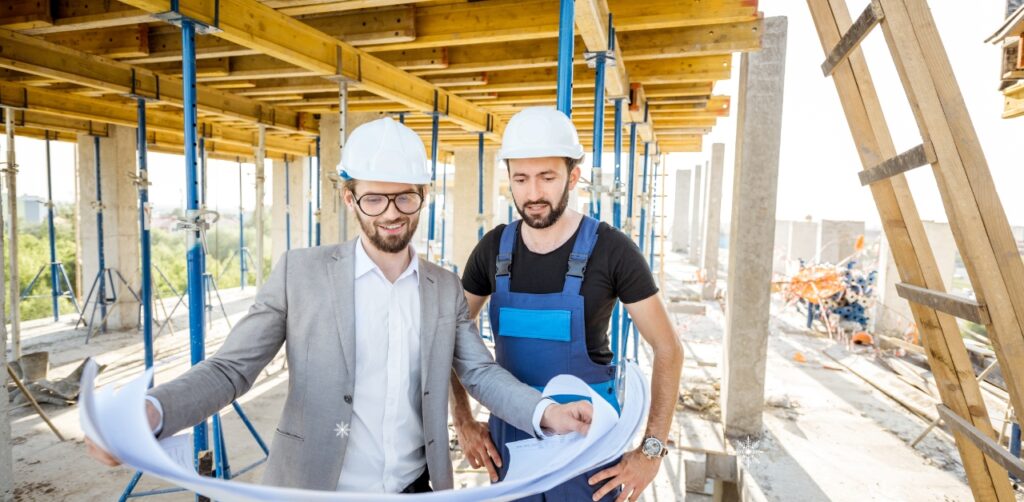
The meticulous analysis and innovative retrofit solutions implemented by the residential structural engineer preserved the architectural integrity of the building while significantly boosting its resistance to seismic forces.
In another case, a residential structural engineer played a pivotal role in the design and construction of a sustainable, energy-efficient residential complex. By integrating advanced structural systems and materials, the engineer ensured that the buildings not only met stringent safety standards but also minimized environmental impact and resource utilization.
These case studies underscore the multifaceted contributions of residential structural engineers, from preserving heritage structures to pioneering sustainable and resilient residential developments. Their expertise transcends conventional structural assessments, encompassing innovative design, advanced materials, and sustainable practices that shape the future of residential construction.
Finding the Right Residential Structural Engineer for Your Project
When embarking on a residential construction or renovation project, finding the right residential structural engineer is instrumental in ensuring the success and safety of the endeavor. A proactive approach to selecting a residential structural engineer involves thorough research, seeking recommendations from industry professionals, and evaluating the engineer’s portfolio of projects.
It’s crucial to engage in specified discussions with potential engineers to evaluate their technique for structural layout, hassle-solving abilities, and alignment with the unique requirements of your venture. Additionally, evaluating the engineer’s communique capabilities and potential to collaborate efficiently with architects, contractors, and different stakeholders is crucial for a continuing and successful challenge execution.
Furthermore, verifying the engineer’s licensure, certifications, and professional affiliations assures their competence and commitment to upholding industry standards. Past client testimonials and references can offer valuable insights into the engineer’s track record and the satisfaction of previous clients with the quality of their work.
Ultimately, selecting a residential structural engineer who not only possesses technical expertise but also shares your vision for the project can create a collaborative partnership that yields exceptional results and enduring structural integrity.
Cost to Hire a Structural Engineering in 2024
| Service | Hourly Rate | Flat Fee |
| Structural engineer inspection | $300-$900 | $300-$2,000 |
| Structural engineer design plans | $500-$3,000 | $5,000-$8,000 |
| New construction structural engineering | 1%-5% of total project cost | $5,000-$8,000 |
| Renovation structural engineering | 8%-20% of total project cost | $5,000-$8,000 |
Examples:
- Structural engineer inspection for a minor home renovation: $300-$500
- Structural engineer design plans for a new deck: $1,000-$2,000
- Structural engineering for a new single-circle of relatives domestic: $5,000-$8,000
- Structural engineering for a chief business renovation: $10,000-$20,000
Factors which could affect the cost of hiring a structural engineer:
- The size and complexity of the assignment
- The geographic area of the task
- The experience and qualifications of the structural engineer
- Whether the structural engineer is working independently or for a firm
It is important to get multiple estimates from structural engineers before hiring one. You should also ask about their experience with similar projects and make sure they are licensed and insured.
The Peace of Mind that Comes With Professional Structural Engineering
In conclusion, the role of a residential structural engineer is indispensable in safeguarding the structural integrity, safety, and stability of residential properties. By leveraging their expertise in structural mechanics, problem-solving, and innovative design, these professionals contribute to the longevity and resilience of homes, ensuring that they stand the test of time and environmental challenges.
The proactive involvement of residential structural engineers not only mitigates potential structural risks but also provides homeowners with the peace of mind that their most valuable asset – their home – is fortified against unforeseen hazards.
Through meticulous assessments, innovative solutions, and a commitment to excellence, residential structural engineers exemplify the unwavering dedication to safety and quality that underpins the field of structural engineering.
As homeowners, recognizing and valuing the critical role of residential structural engineers empowers us to make informed decisions that prioritize safety, durability, and long-term value in our residential investments. By collaborating with these professionals, we fortify our homes against structural vulnerabilities, ensuring that they remain havens of safety and comfort for generations to come.

